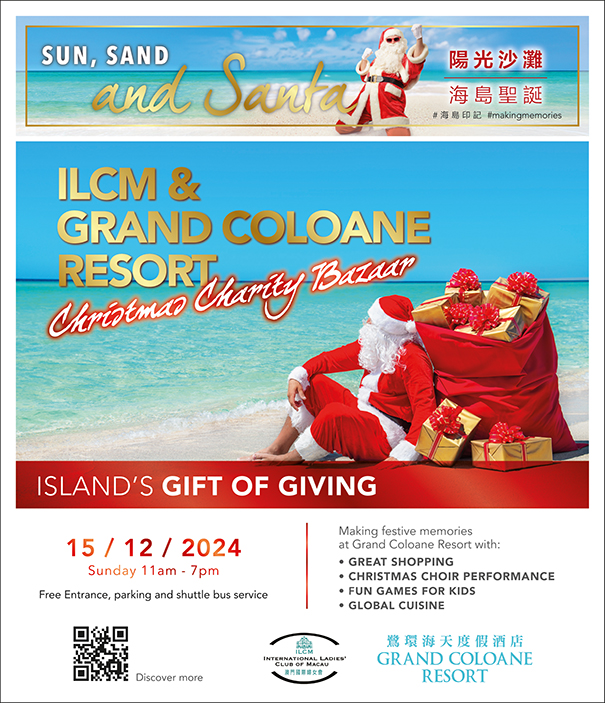Cultural Affairs Bureau (IC) President Leong Wai Man said yesterday that her bureau would launch a “Ruins of St. Paul’s Immersive Digital Experience Exhibition” by the end of this month, aiming to give the public a comprehensive understanding of the original appearance of St. Paul’s College, and to highlight and promote its “values”.
The first phase of work on the exhibition featuring both augmented reality (AR) and virtual reality (VR) technologies, was almost complete, Leong said, adding that the bureau was currently building a temporary pavilion behind the Ruins of St. Paul’s.
According to Leong, by the end of this month a themed story will be shown in the VR space for a “priority experience”, for just eight people at a time. Leong said that her bureau would strive to launch the full version of the exhibition in the first quarter of next year, with three themed stories and an AR experience at the same time.
Leong, acting chairperson of the Cultural Heritage Committee, made the remarks during a press briefing after the committee’s closed-door plenary meeting, at the IC headquarters in Praça do Tap Seac.
The Church of St. Paul, which was built by Jesuits in the 17th century, was destroyed by a fire during a typhoon in 1835. St. Paul’s College was the first Western-style higher education institution in the Far East.
Meanwhile, as the internal structure of the roof of St. Anthony’s Church is cracked and is affected by termite erosion and water seepage, Leong said the church’s ongoing restoration was expected to be completed in the middle of next year.
Intangible Cultural Heritage
Moreover, according to Leong, 11 items in Macau, comprising Cantonese Opera, Herbal Tea Brewing, Woodwork-Macau Religious Figure Carving, Taoist Ritual Music, Naamyam Cantonese, Festival of the Drunken Dragon, Belief and Customs of A-Ma, Belief and Customs of Na Tcha, Belief and Customs of Tou Tei, Macanese Gastronomy and Patuá Theatre have been selected to be included in the National List of Intangible Cultural Heritage (ICH), only seven of which have corresponding inheritors or inheritance entities currently.
However, Leong said that her bureau has recently received notice from the Ministry of Culture and Tourism in Beijing on the “application of the sixth batch of representative inheritors of ICH recommendation”, adding that her bureau was now assisting the Cheok Chai Un Fok Tak Chi Tou Tei Mio Chek Lei Wui Macau Association (澳門雀仔園福德祠土地廟值理會) and Dóci Papiaçám di Macau Drama Group (澳門土生土語話劇社) to submit their applications for representative inheritance entities of Belief and Customs of Tou Tei and Patuá Theatre respectively to the Ministry of Culture and Tourism, so as to jointly promote intangible heritage work.
Tou Tei (Tudi [土地] in Putonghua), popularly known in English as Earth God, is a tutelary deity of a locality. Directly translated, Tou Tei means “soil-ground”).
Patuá is the Macanese community’s highly endangered Portuguese-Asian Creole, consisting of Portuguese, Malay, Cantonese and other vocabulary and grammar strongly influenced by Asian languages. Customarily, the term “Macanese” denotes Macau’s community of mixed Portuguese and Asian descent.

Cultural Heritage Committee member Leong Chong In (left) and Cultural Affairs Bureau (IC) President Leong Wai Man pose during yesterday’s press briefing after the committee’s closed-door plenary meeting at the IC headquarters in Praça do Tap Seac. – Photo: Yuki Lei





